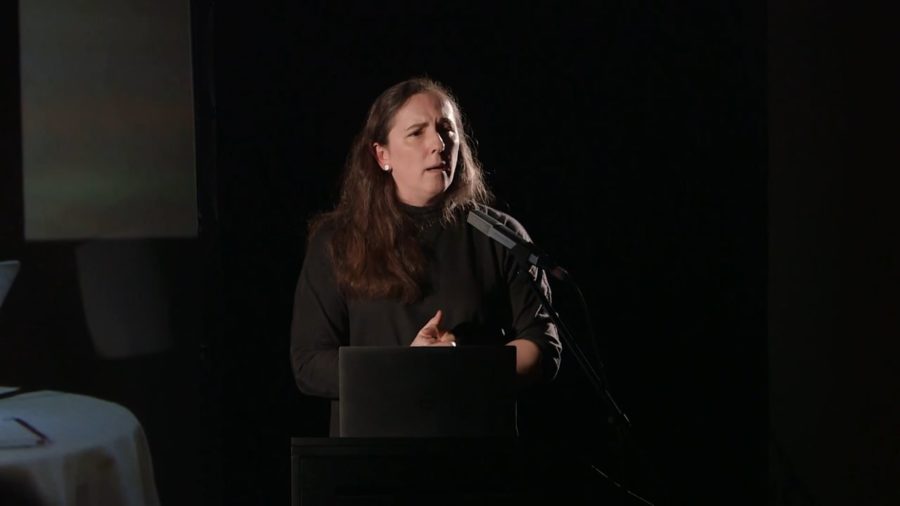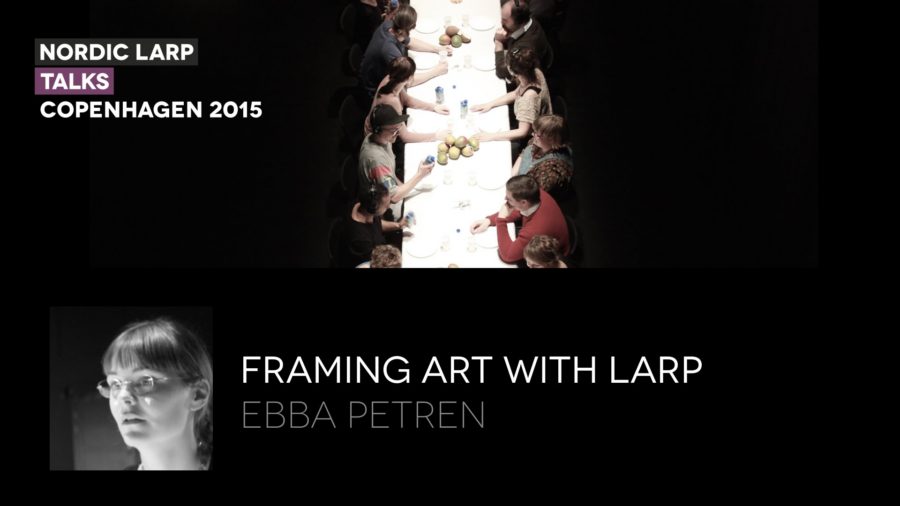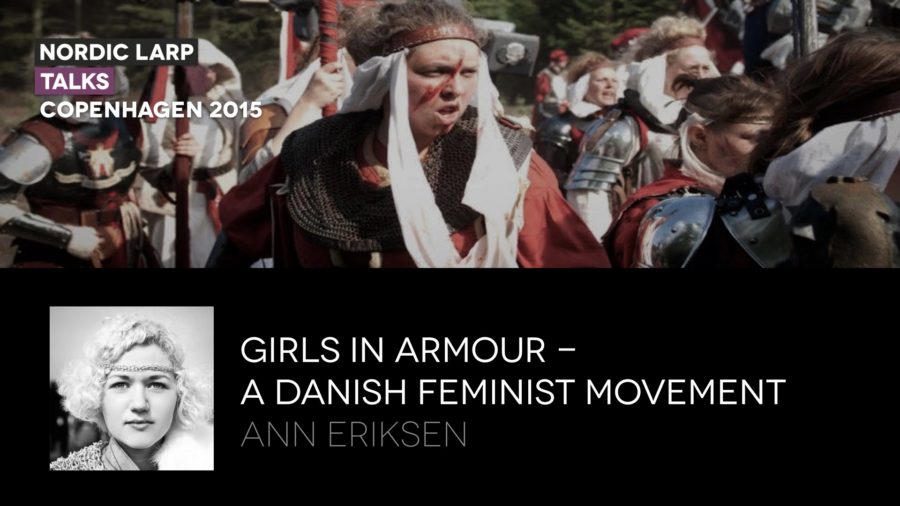We have now in twenty years moved half the world’s population, give or take, to one city. And we all live in one city. And we keep walking out into the street and getting pasted by trams. And we don’t even understand what the trams are. We not only do not know how to live together online, we don’t even really understand that it’s a problem.
Archive
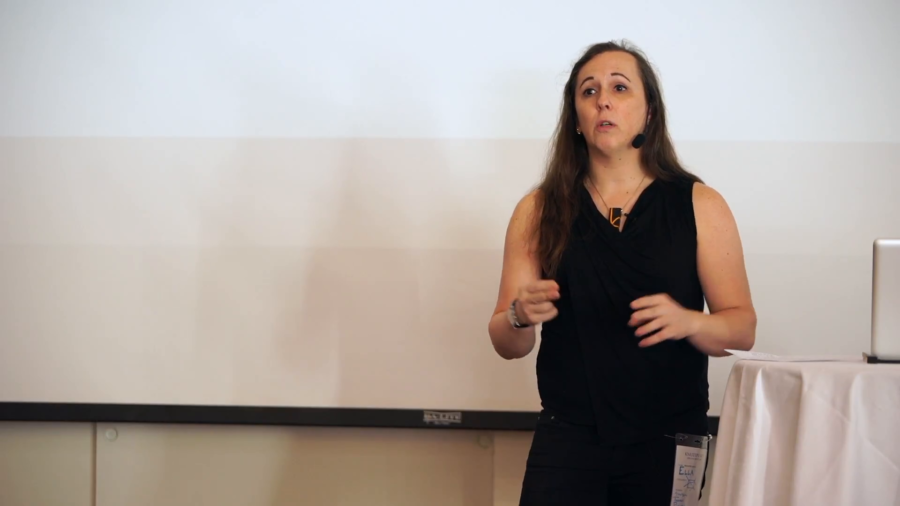
I think of larp in a couple different ways. And one of the ways that I think of it is as storytelling for the network age. This is storytelling in the first-person present tense plural, and it is not very often that humanity comes up with a new tense in which to tell stories. That’s actually kind of a big deal.
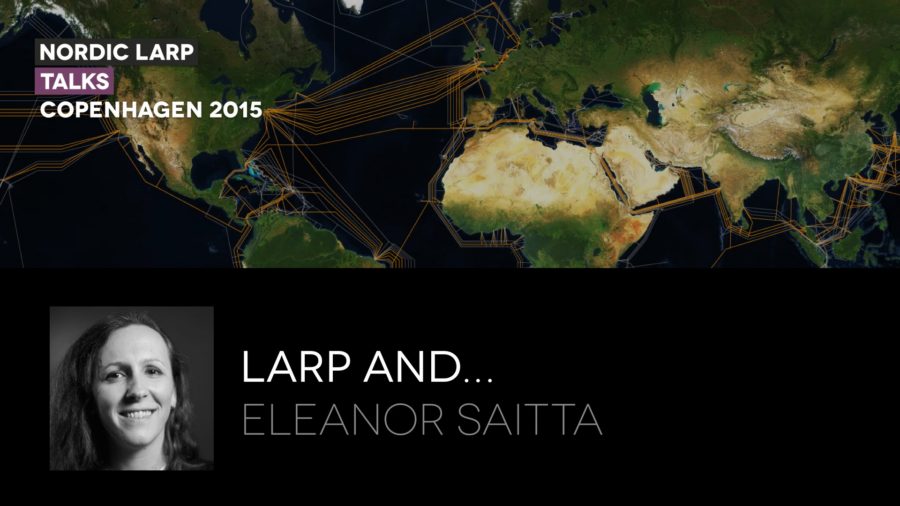
I’m going talk to you guys about larp and. Larp and a whole lot of other things. Because I think the most interesting things about larp are maybe not actually larp itself, but when larp meets a whole bunch of the rest of the world.
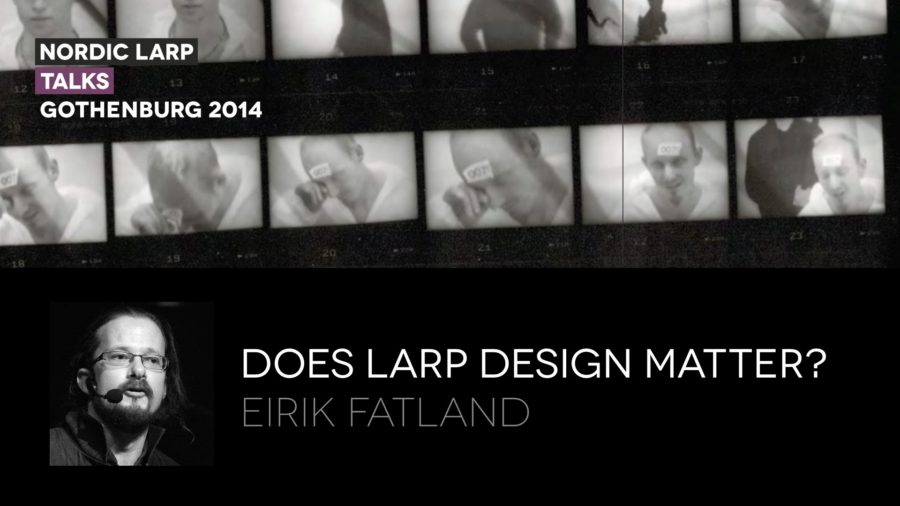
When we design larps, we’re playing basically with the building block of culture. Not just of fictional cultures, real culture as well. But asking people to act as if is not enough to make a larp. As larp writers, we need you to act as if, together.
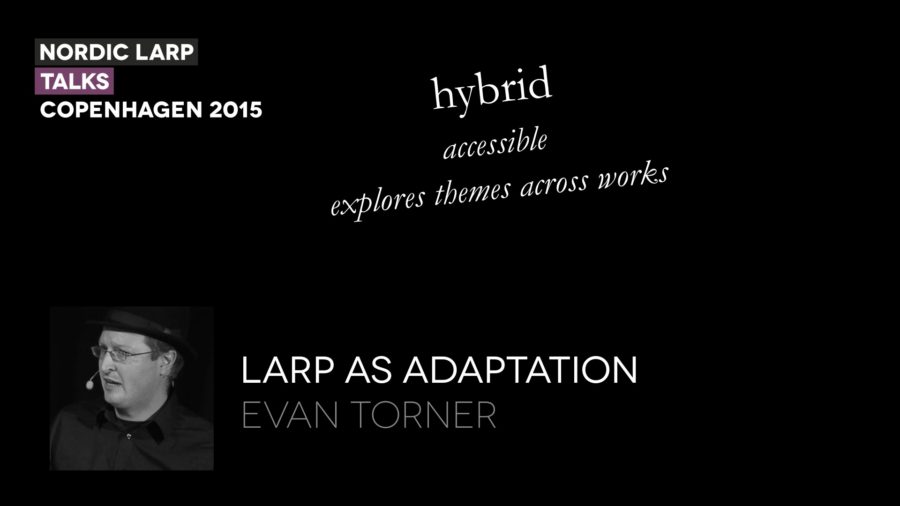
A larp takes a space and makes a place in which we create fiction with our bodies, and our voices. Although the larp medium certainly shares a lineage with the theater and the oral storytelling tradition, most of the fiction that we consume comes in other forms.
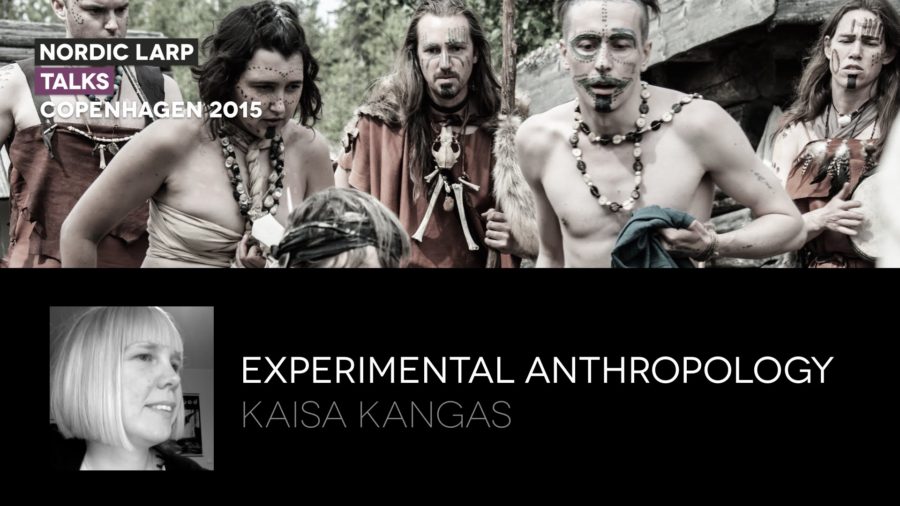
In experimental archaeology, we could for instance try to make the kind of shoes that our hunter-gatherer ancestors might have had, and test how long they last in use.
But what if we are interested in completely different kinds of questions. Like, did they have rules for whom you’re allowed to have sex with? How did they raise their kids? We could always look at existing hunter-gatherer cultures and guess that the culture might have been similar. But could we attempt to test our hypotheses, someway?

